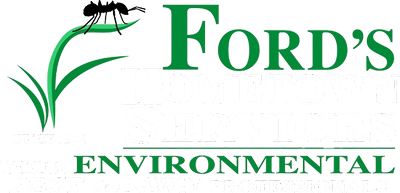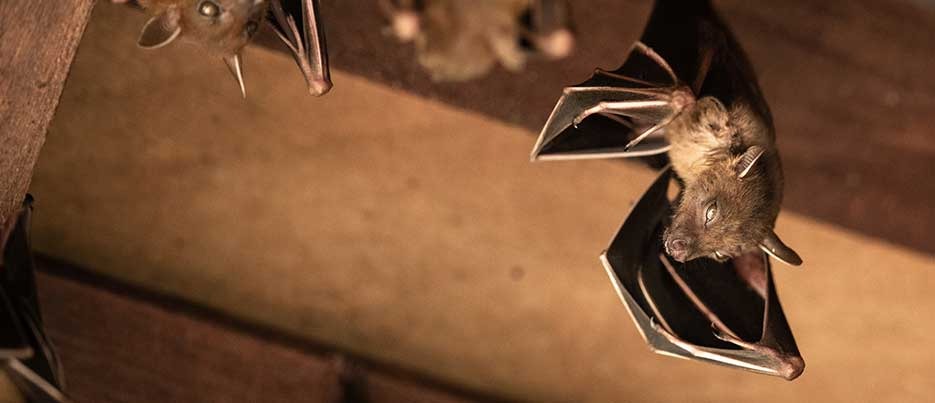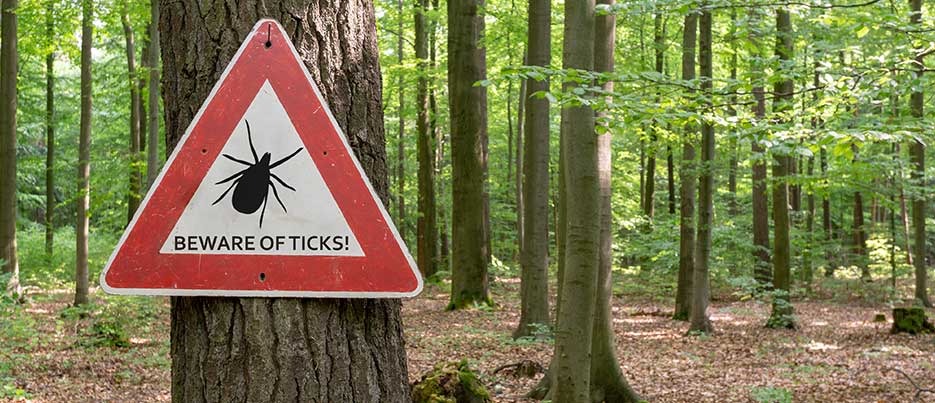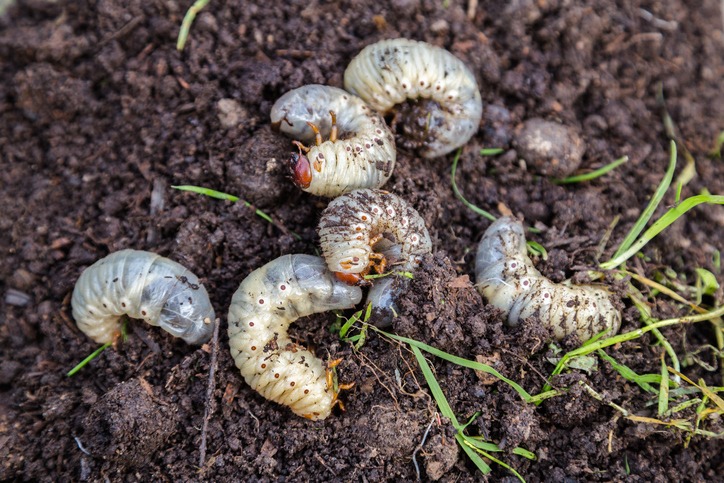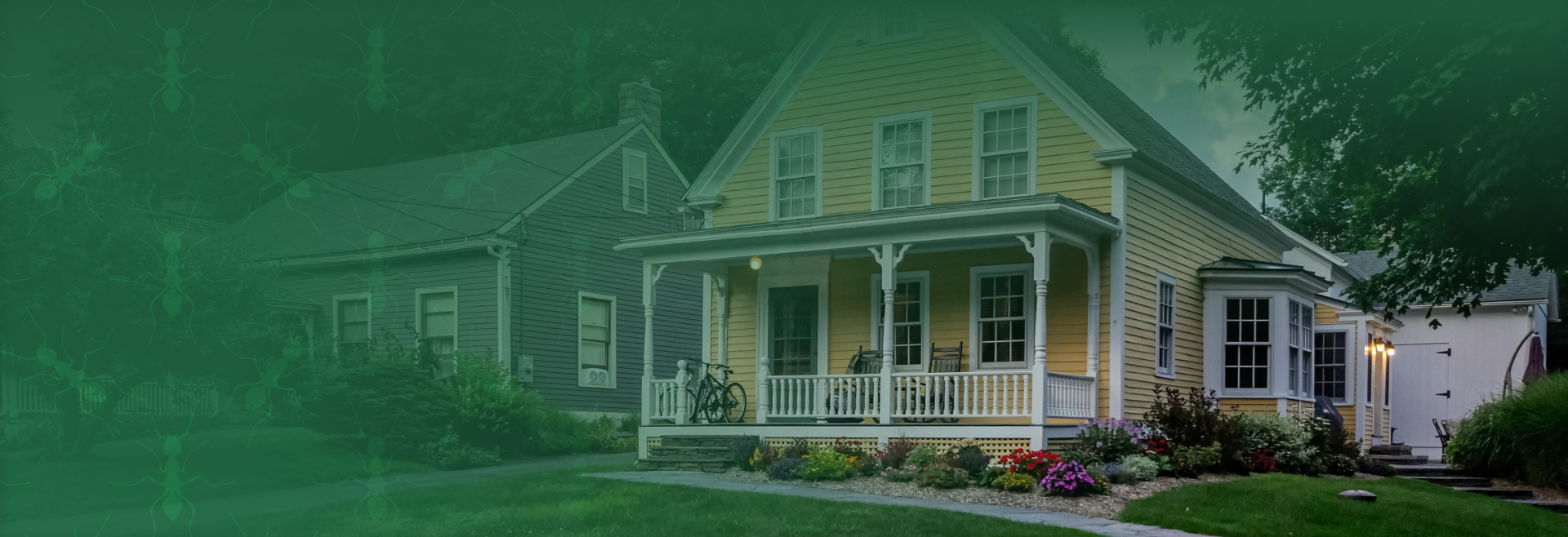

Raccoon Control in Worcester, MA
Protecting Your Home From Unwanted Raccoon Visitors
If you are hearing scratching in the attic at night, finding overturned trash, or seeing raccoon droppings around your home, you are not alone. Raccoons are a common issue in this area, and they can make even a familiar home feel unsettled and unsafe. You may be worried about your family, your pets, and the damage these animals could cause.
At Ford's Hometown Services, we help families and businesses across Central Massachusetts deal with wildlife problems in a calm, practical way. Our team has been serving the region for more than 80 years, and we have become a trusted name in Worcester for wildlife and pest concerns. When raccoons show up where they do not belong, our goal is to give you clear answers, a raccoon control plan you can rely on, and relief from the stress.
We build our services around real homes and day-to-day life, not one-size-fits-all treatments. We also back our work with a 100% satisfaction guarantee, so you can feel more confident reaching out when you are already on edge. If you are ready to talk with someone who understands what you are dealing with, our team is here to listen and help.
Why Local Families Choose Our Team
When raccoons move into an attic, garage, or roofline, you need more than a quick fix. You need a team that knows how homes in Worcester are built, how raccoons behave in Central Massachusetts, and how to work in your space respectfully. That is what we focus on every day at Ford's Hometown Services.
We have been serving this region for more than eight decades, which means we have seen how wildlife problems show up in older triple-deckers, single-family homes, and commercial buildings across the city. Over the years, we have refined our approach to raccoon and pest issues so we can offer practical, customized raccoon control services instead of treating every property the same way. For you, that means a plan that fits your home and your routine, not a generic checklist.
Our company was voted the number one pest control provider in Central Massachusetts in the 2024 Best of Central Mass readers' choice contest. That recognition came directly from people in this community who depend on us to protect their homes and businesses. It is one thing for us to say we care about your property. It is another for your neighbors to say they trust us with theirs.
We also hold QualityPro accreditation, a service quality credential that fewer than 3% of pest control companies in the United States achieve. Combined with our Better Business Bureau accreditation, these credentials show that we meet documented standards for hiring, training, safety, and customer service. When you invite us into your home to handle raccoon problems, you are working with a team that follows clear, accountable guidelines.
Every visit is backed by our 100% satisfaction guarantee. If you are not satisfied with our service, we work to make it right. That promise is especially important when you are already worried about wildlife in your home and want to be sure your time and money are well spent.
How Our Raccoon Control Service Works in Worcester
When you contact us about raccoons, we know you are looking for both answers and a sense of control. Our team aims to make the raccoon removal process straightforward and respectful from the first conversation through the final visit. While every situation is a little different, the overall experience follows a clear pattern.
It typically starts with a phone call or online message where you describe what you are hearing or seeing. We listen carefully, ask practical questions about the noises, droppings, or damage you have noticed, and talk about the parts of your home that may be affected. From there, we schedule a visit at a time that works with your day, keeping in mind that many people in Worcester have busy work and family schedules.
During your appointment, our team looks for signs of raccoon activity and likely entry points around your property. In this area, that often means checking rooflines, soffits, attic vents, and chimneys, especially on older homes that are common in Worcester. We also pay attention to how raccoons might be moving around your yard or nearby trees, since many animals reach attics from overhanging branches or sheds that sit close to the house.
Raccoon situations are wildlife problems, so we take safety seriously for people, pets, and our technicians. We use our training and QualityPro standards to guide how we move through your home and how we handle wildlife issues. Our goal is to address the problem with as little disruption to your daily routine as reasonably possible and to explain what we are doing in plain language while we work.
Our FHS Cleanliness Promise shapes how we operate during every visit. We follow a defined 4-step cleanliness approach, which includes paying attention to where we place our equipment, how we move through your home, and how we leave work areas when we are done. Wildlife problems already feel messy and unsettling for many homeowners, so we want our presence in your space to feel like part of the solution, not another concern.
Because no two properties are exactly alike, we do not rely on one standard treatment for every raccoon issue. Instead, we look at your home, your schedule, and the specific ways raccoons are using your space, then we work to build a practical plan around those realities. That may include recommendations for securing vulnerable spots after wildlife activity has been addressed and suggestions for longer term pest and wildlife protection on your property.
What To Do If You Suspect Raccoons
Finding signs of raccoons in or around your home can be unsettling, especially if you hear noises when the rest of the house is quiet. It is natural to feel anxious, but you do not have to handle this on your own. There are a few simple steps you can take to stay safe and gather helpful information while you arrange professional help.
First, try to limit close contact with the areas where you suspect raccoons are active. That might mean keeping children and pets away from certain rooms, attics, or parts of the yard until you have a clearer picture of what is going on. Raccoons can carry diseases, and their droppings can present health concerns, so it is reasonable to treat these areas with caution.
You can make note of when you hear scratching, thumping, or movement, especially at night. If it is safe to do so, you might also look from a distance for visible signs like torn shingles, disturbed soffits, or droppings near access points. These details can help our team understand the pattern of activity when we arrive and can speed up the process of finding entry sites.
One thing we do not recommend is trying to confront or remove raccoons yourself. Wildlife can be unpredictable, especially if cornered or defending young, and regulations affect how certain animals should be handled. Trying to block off openings while animals may still be inside can also create new problems if they are trapped in your walls or attic.
If you are unsure what to do next, you can contact Ford's Hometown Services and talk with our team about what you are experiencing. We can walk through your situation with you, explain what to expect from a visit, and help you decide on a reasonable next step. Knowing that a local team is ready to help often makes the situation feel more manageable right away.
Here are practical steps to take if you suspect raccoons on your property:
- Limit close contact with suspected raccoon areas by keeping children and pets away from attics, certain rooms, or parts of the yard until you have more information.
- Observe and document what you hear and see, such as nighttime scratching, thumping, or visible signs like torn shingles, disturbed soffits, or droppings near access points.
- Avoid DIY removal attempts, since confronting or trapping raccoons yourself can be unsafe and may conflict with wildlife regulations or create issues if animals are trapped inside.
- Call for professional help by contacting our team at Ford's Hometown Services so we can discuss your situation, plan a raccoon inspection, and help you choose a reasonable next step.
Raccoon Risks & Prevention Tips
Raccoons are resourceful animals, and once they find a comfortable spot in or around a home, they tend to settle in quickly. Addressing the problem early can limit damage and help protect your family’s health. It can also make it easier to keep similar issues from returning in the future.
Inside a house, raccoons can disturb insulation, damage roof decking, and in some cases chew on wires or other materials they encounter. This type of damage can be especially concerning in older Worcester homes where attics and roof structures may already be under strain. Their droppings and urine can also create odors and potential health concerns, particularly if they build up over time in a hidden space.
Around the yard, raccoons are often drawn to easy food sources. That might include unsecured trash, pet food left outside, or bird feeders that spill seed onto the ground. Once they get used to visiting a property for food, it becomes more likely they will explore structures, sheds, and rooflines nearby for shelter.
There are several simple steps that can make your property less inviting to raccoons over time. Securing trash lids, bringing pet food inside at night, and trimming tree branches that hang directly over your roof can all help. Many Worcester homeowners also find it helpful to walk around their house seasonally to look for loose soffits, gaps near rooflines, or damaged vents that could offer easy access.
Simple prevention tips to reduce raccoon activity around your Worcester property:
- Protect the inside of your home by being alert to disturbed insulation, roof decking damage, or chewed wires, especially in older Worcester homes where attics may already be under strain.
- Remove easy food sources such as unsecured trash, outdoor pet food, or bird feeders that scatter seed on the ground, which can attract raccoons to your yard.
- Trim and tidy your yard by cutting back tree branches that hang over your roof and checking sheds, decks, and rooflines that could provide shelter.
- Inspect your exterior seasonally for loose soffits, gaps near rooflines, or damaged vents that could offer raccoons and other wildlife an easy way inside.
Our team at Ford's Hometown Services works with you to identify weak spots and offer practical suggestions based on your specific property. Because we provide broader pest control and wildlife removal services across Central Massachusetts, we can help you think about how raccoons fit into the bigger picture of your yard and home. The goal is not only to address the current problem, but also to help reduce the chances of future wildlife issues where reasonably possible.
Central Mass Trusts Us. See Why.
-
J"I've used Fords Hometown Services a few times for carpenter Ants and I have always been impressed with the results. They are the Gold standard in pest control!"Josh R.
-
K"Easy to schedule, showed up on time, and provided report immediately. The technician, Bob was knowledgeable and polite. Highly recommend Ford Hometown Services."Kerstin B.
-
S"Was expecting Ben, was sent Dean and was pleasantly surprised because he is a really personable guy and did an excellent job! Very satisfied with the thorough job he did, and his attention to detail. Look forward to having either him or Ben in the future."Stephanie D.
-
D"Ford’s Hometown Services has done an awesome job with my lawn. The team is professional, reliable and the results speak for themselves. My yard had never looked better. Highly recommended!"Denise M.
-
L"Dean was wonderful! He explained everything as we walked around, showed me what he was looking for. Was prompt, thorough and efficient!"Lori A.
-
J"The Ford's Hometown team texted me with their estimated arrival, arrived on time, quickly addressed the areas I requested and very pleasant during whole service time."Janie Q.
-
C"I cannot express my appreciation enough for Jeremy and Zack! I called about a hornet nest in the wall while my husband was in the emergency room for an allergic reaction to a sting he received while trying to deal with the situation. Jeremy gave me the earliest possible appointment two days out with the promise of a call if someone could squeeze us in sooner. Enter Zack. He came 2 1/2 hours later and dealt with the nest, putting us all at ease. Thank you, thank you, thank you! The BEST customer service."Clare
-
M"Zak & Bob Ford did an excellent job with the foundation termite treatment. They performed the work on a timely basis. They were very careful with the landscape around the foundation and all holes that were drilled in the driveway and concrete structures were carefully repaired. They were highly informative and professional, and took the time to answer all my questions. I would highly recommend Fords Hometown Services."Mike M.
-
M"My fall treatment was done yesterday by Justin. He is a young technician with one year of solid experience. We worked together to locate and check all the bait boxes for mice. Afterwards, Justin treated the exterior of the house. It is no surprise that continued treatments has almost eliminate all prior pest problem such as mice and hornets, I am very satisfied with my treatment service. It was a pleasure working with Justin, who is not only capable and knowledgeable but also friendly and willing to learn."M B.
Stay Ahead of Pests
Explore tips, local advice, and real answers from our Worcester team to help you protect your home, family, and property all year long.

